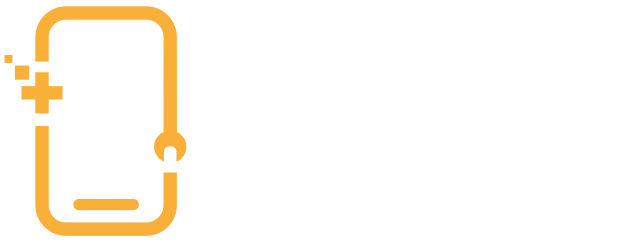You should identify such mentions and approach the website owner for a link. The easiest way to do this is by leveraging tools like BuzzSumo, which offers detailed brand monitoring that can uncover unlinked mentions without too much legwork. You can use online tools like Brightlocal’s Citation Tracker to check for issues and update your listings as needed.
Write Keyword-Rich Title Tags
Depending on your niche and business fields, you might find that listing in local directories may be useful. You have to optimize your content and links and from that, you can generate a decent number of social traffic and brand awareness. Spread your link building article publications out over the course of weeks or months, regularly and consistently posting to ensure an even build. You’ll want to make sure your content is valuable, but making a striking impression isn’t quite as important. In fact, you may want to write in a style other than your brand voice, depending on your goals.
What is multi-search engine optimization?
An image of our backlink analysis tool, which can help improve your off-page SEO performance. Social Bookmarking is another great way of promoting your website. Submit your latest blog posts and pages to the most popular bookmarking sites, like StumbleUpon, Delicious, Reddit, Digg, etc. These links are a little harder to detect, so you’ll have to be dutiful in your scan. Again, a search tool is useful here, but you’ll have to dig a little deeper and use your best judgment if you want to estimate the perceived “naturalness” of the link in question. They could be remnants from an older strategy, or links you forgot you built.
- This text isn’t visible to the average visitor – alt text is in fact used by screen reader software to help blind internet users understand the content of your images.
- Consider compressing large image files where possible to aid load speed without losing out on quality and limiting large animated images.
- And when it comes to search engine optimization, having a strong brand would benefit your SEO in many different ways.
- It’s useful to start page by page when incorporating SEO into your site.
- If you don’t have a Wikipedia page for your business, you should create one sooner rather than later.
- But Google also wants to know what others think about your brand.
When you leave great comments on blogs, you’re able to share your unique perspective with others, which can lead them back to your website. It’s also likely that reviews across the web bear some importance for regular rankings. This is because they’re one of the things Google tells Search Quality Raters to look for when evaluating a website’s Expertise, Authority, and Trustworthiness (E-A-T). Coming back to the importance of showing your expertise or authority on a topic, you need to make sure this isn’t just being said on your website.
In the meantime, you can use more active link-building techniques like guest posting. Your website can’t have these elements with on-page SEO alone because search engines strongly rely on authority through off-page SEO factors. Secondly, you will need a dedicated team of link builders, social media marketing managers, and brand partnerships managers. This includes things like blog comments, user-submitted guest post articles, ad banners, and other links included as part of a paid collaboration.
Directory listings enhance business discovery in industry-specific directories, build domain authority through quality backlinks, and generate targeted referral traffic from local searchers. Think of backlinks, the most influential off-page SEO factor, as the internet’s currency. Each link helps build a better domain authority for your website. So, with a portfolio of high-quality backlinks, you can rank higher on search engines.
Track the impact of your branding efforts
Link building involves outreach to other websites in hopes of that site placing your link directly into their content and generating a backlink for you. Backlinks that come from domains with higher authority (i.e. a higher DA score) can significantly improve the way search engines view and rank you. Off-page search engine optimization (SEO) efforts are reputation-building activities that result in quality backlinks leading to your site and gaining trust from more online users. SEO, or Search Engine Optimization, is a digital marketing strategy aimed at improving your website’s visibility on search engines like Google. By optimizing your site for search engine algorithms, you can attract more organic traffic, enhance user experience, and build credibility.
Content syndication refers to republishing content on one or more websites. If you know what a particular podcast usually covers, you can even reach out to them with a suggestion to link to your content in their show notes. This will show you sites with at least one post written by a guest author. And finding ways to distribute that content to other channels can help boost off-page signals.
The authority of your website is one of the most important factors Google considers when ranking it. Because of this, building your website’s credibility should be at the top of your list when looking to increase BHS Links your positioning in search engine results pages (SERPs). Various search engines have admitted to using links as a ranking factor, although Google was the first to implement it in their algorithm.
You need to focus on what’s going on outside your website as well. Work on proper link building, branding and your social media efforts to make the most of your SEO. You can optimize your site all you want, but if it isn’t perceived as a quality destination for people, it will be difficult to get people to your website at all.

